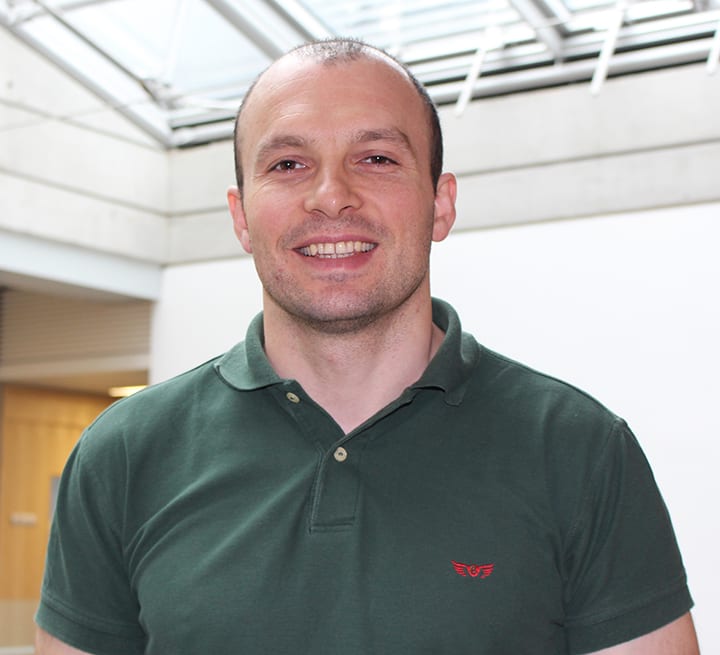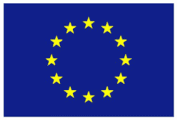Dr Luis Padrela, Lecturer in Industrial Biochemistry within the Department of Chemical Sciences, Bernal Institute, University of Limerick
Luis Padrela is a Lecturer in Industrial Biochemistry within the Department of Chemical Sciences and a Funded Investigator at the SSPC Research Centre, within the Bernal Institute. Luis studied Biochemistry at undergraduate level (2006) before obtaining his PhD in Chemical Engineering (2012) at the University of Lisbon (Portugal). Following his PhD, Luis worked in the pharmaceutical industry for almost 2 years (Hovione FarmaCiência, Portugal) before joining SSPC in UL as a postdoctoral researcher and as a senior research fellow later on.
Luis worked on different research projects in different institutions (academia and industry) and countries (Ireland, Portugal and Sweden) focusing his research on Particle Engineering Technologies, Continuous Nanocrystallization and (Bio)Pharmaceutical Processing. He has developed industrial expertise in Quality by Design, scale-up methods and particle engineering technologies for small and large molecule APIs with particular emphasis to supercritical fluid processing of nanoparticles and spray drying of (bio)pharmaceuticals. Luis has worked within the highest standards of quality (GLP, GMP) in the industry and participated in the development of several spray drying and nanosizing processes for oral and parenteral dosage forms. His research interests include: Pharmaceutical processing for large molecule APIs (biopharmaceuticals), specifically isolation and stabilization of biopharmaceuticals using spray drying and freeze-drying and Engineering and manufacturing of biopharmaceutical nanoparticles; and Pharmaceutical processing for small molecule APIs (pharmaceuticals), specifically Continuous (co)crystallization, drying and downstream processing of pharmaceutical nanoparticles and solution and supercritical CO2 crystallization for size and polymorphic control.



This project has received funding from the European Union’s Horizon 2020 research and innovation programme under the Marie Skłodowska-Curie grant agreement No 861278